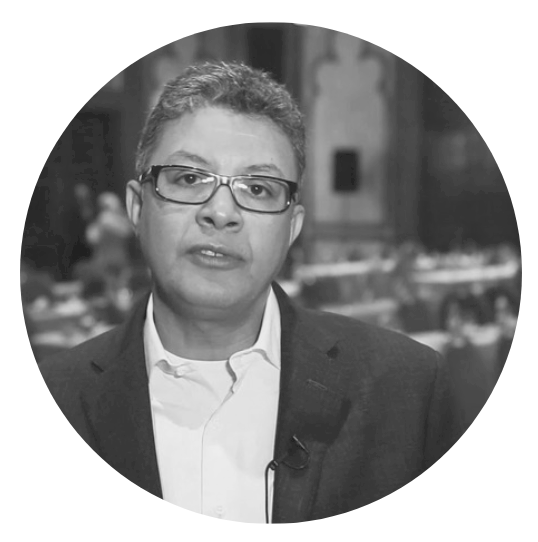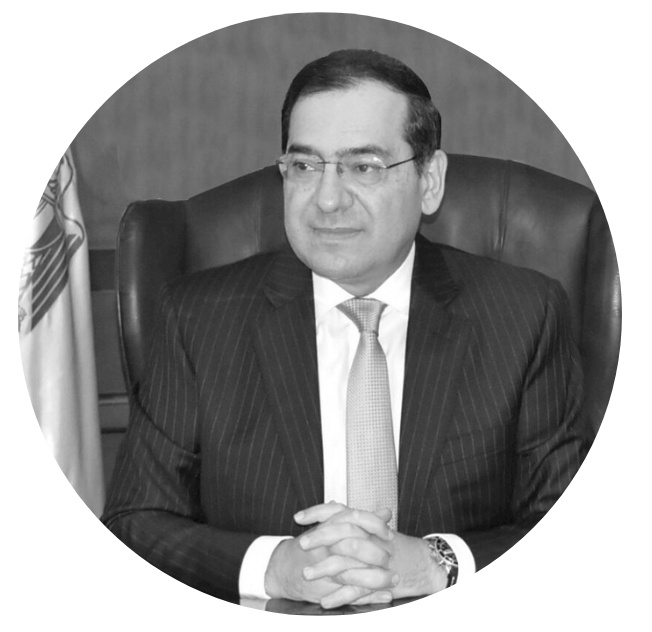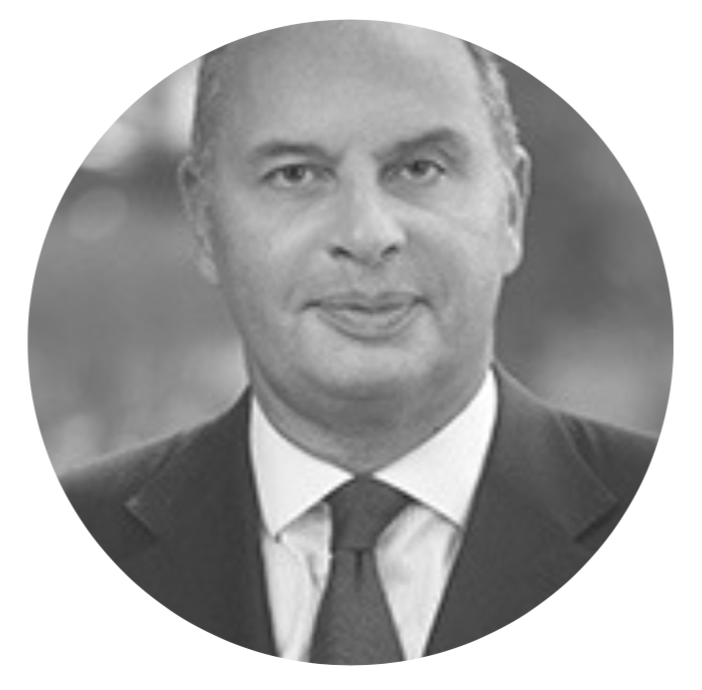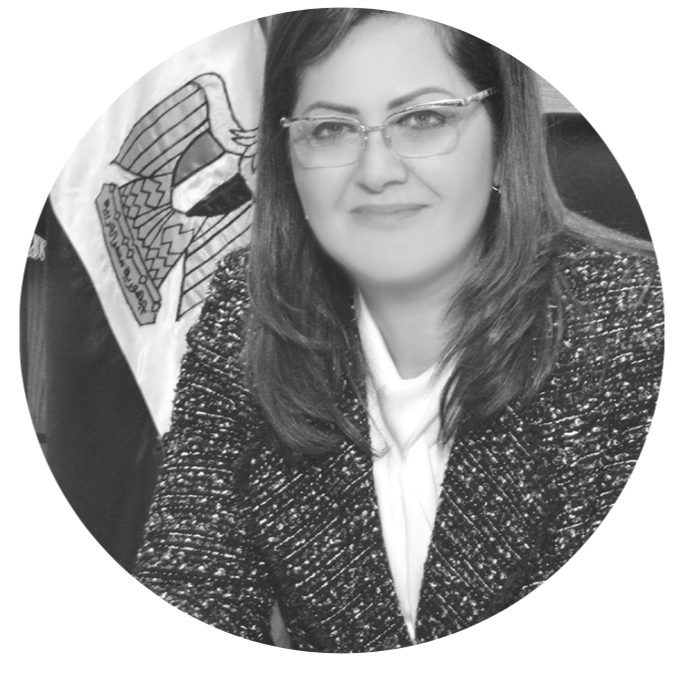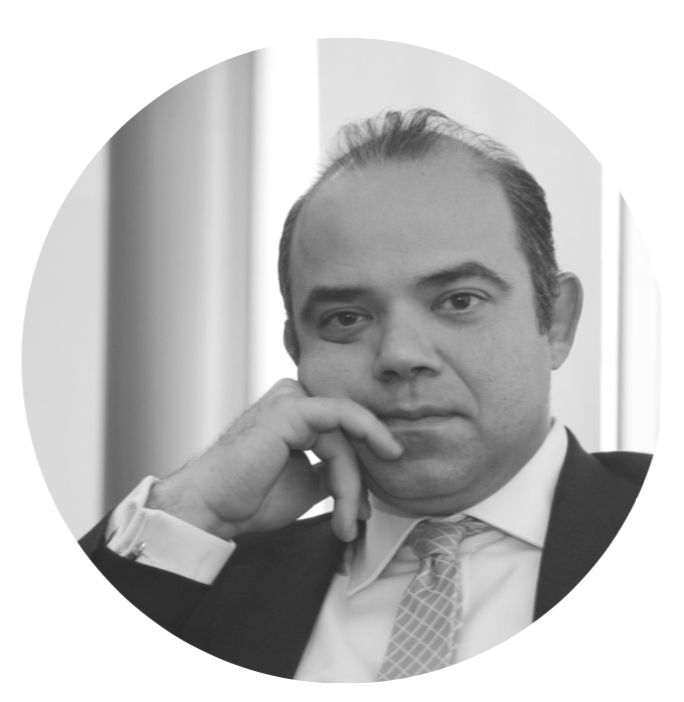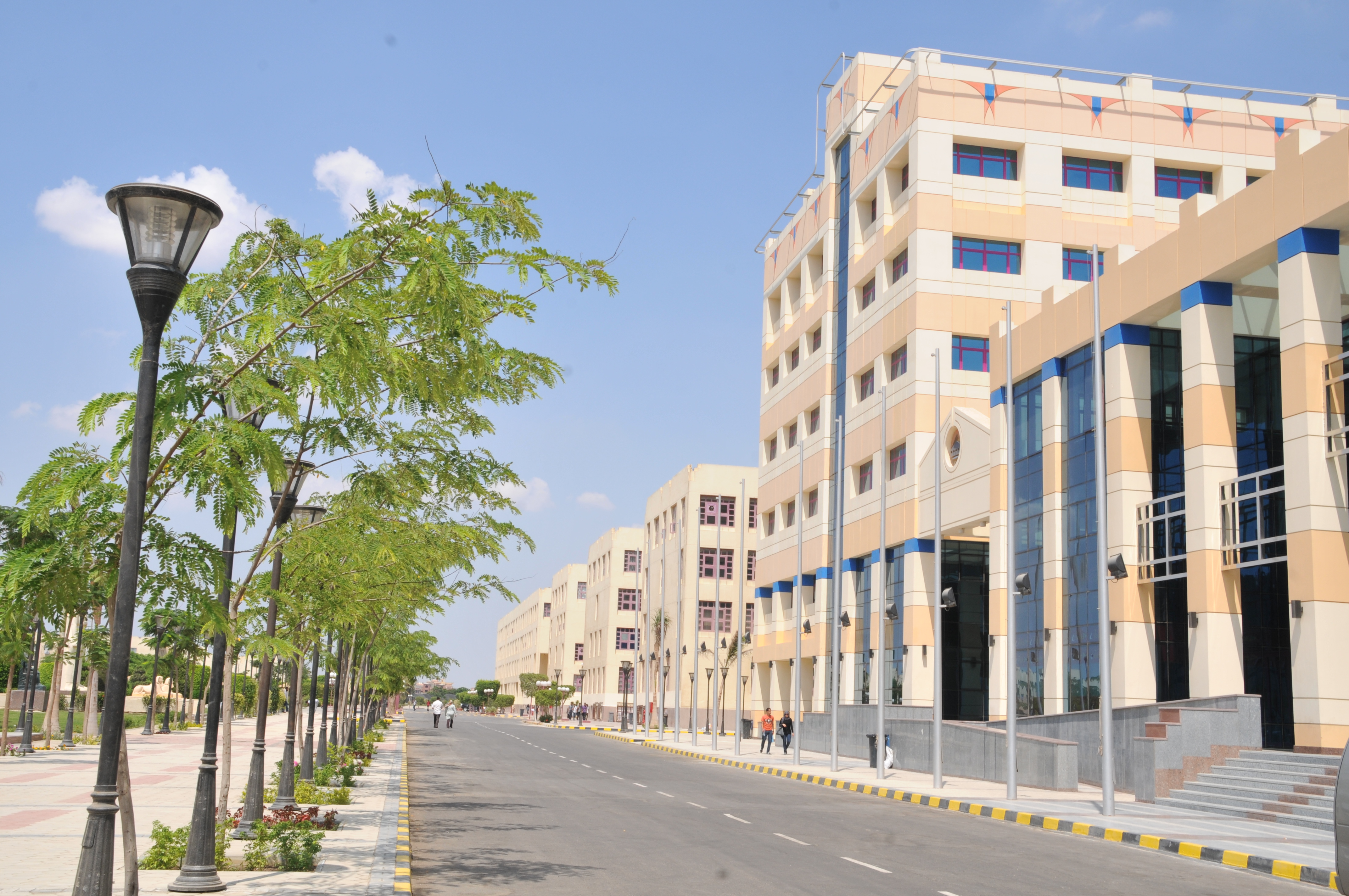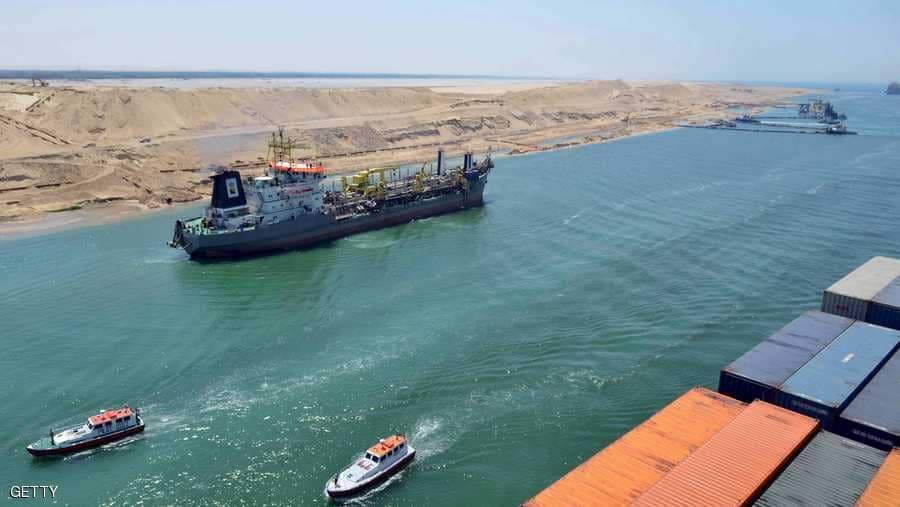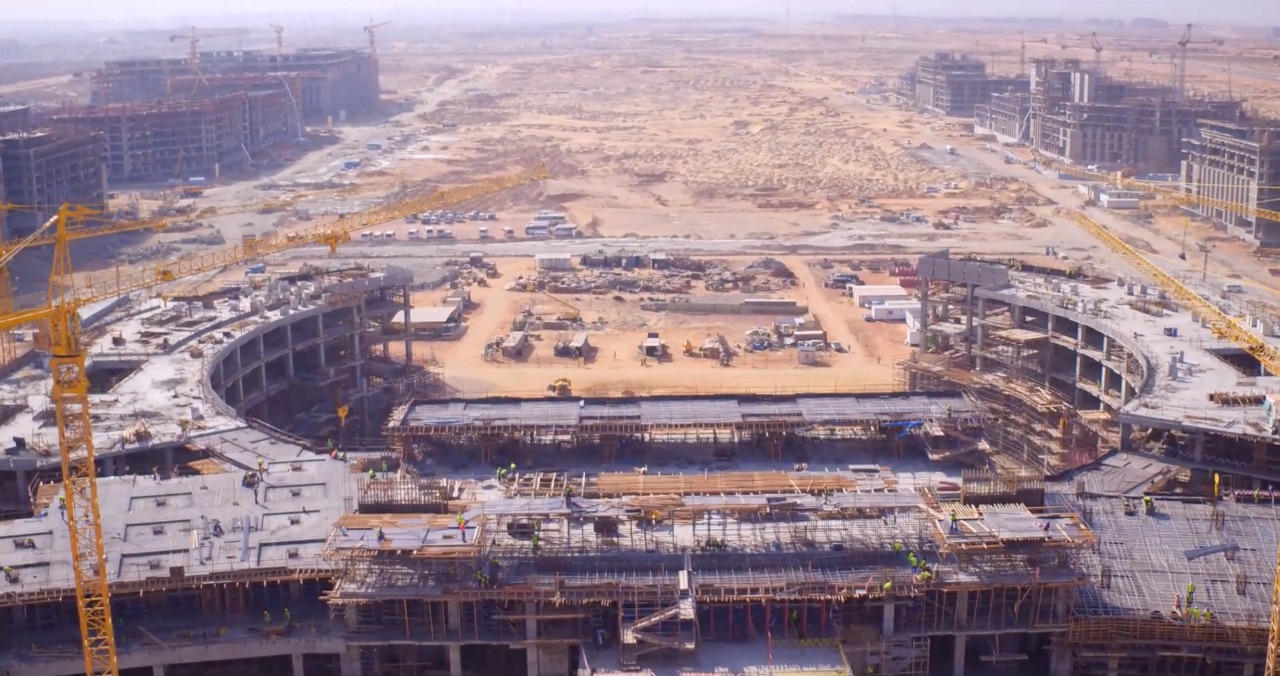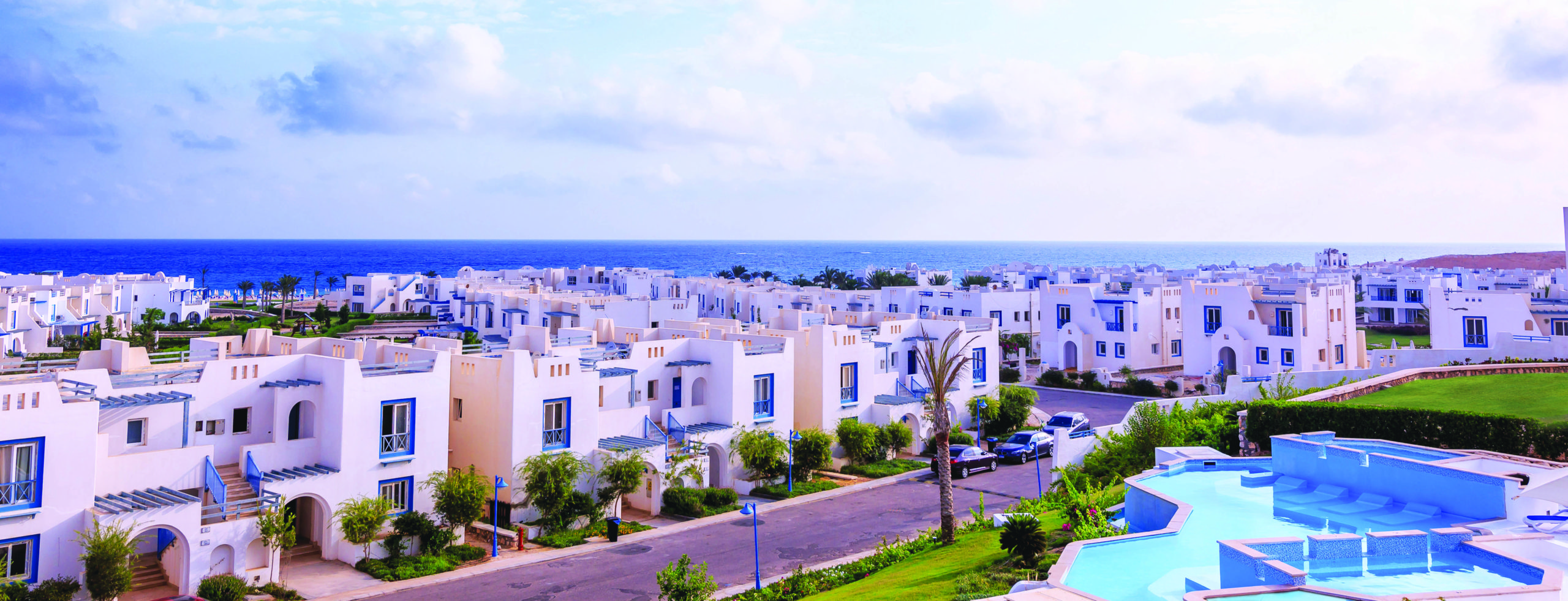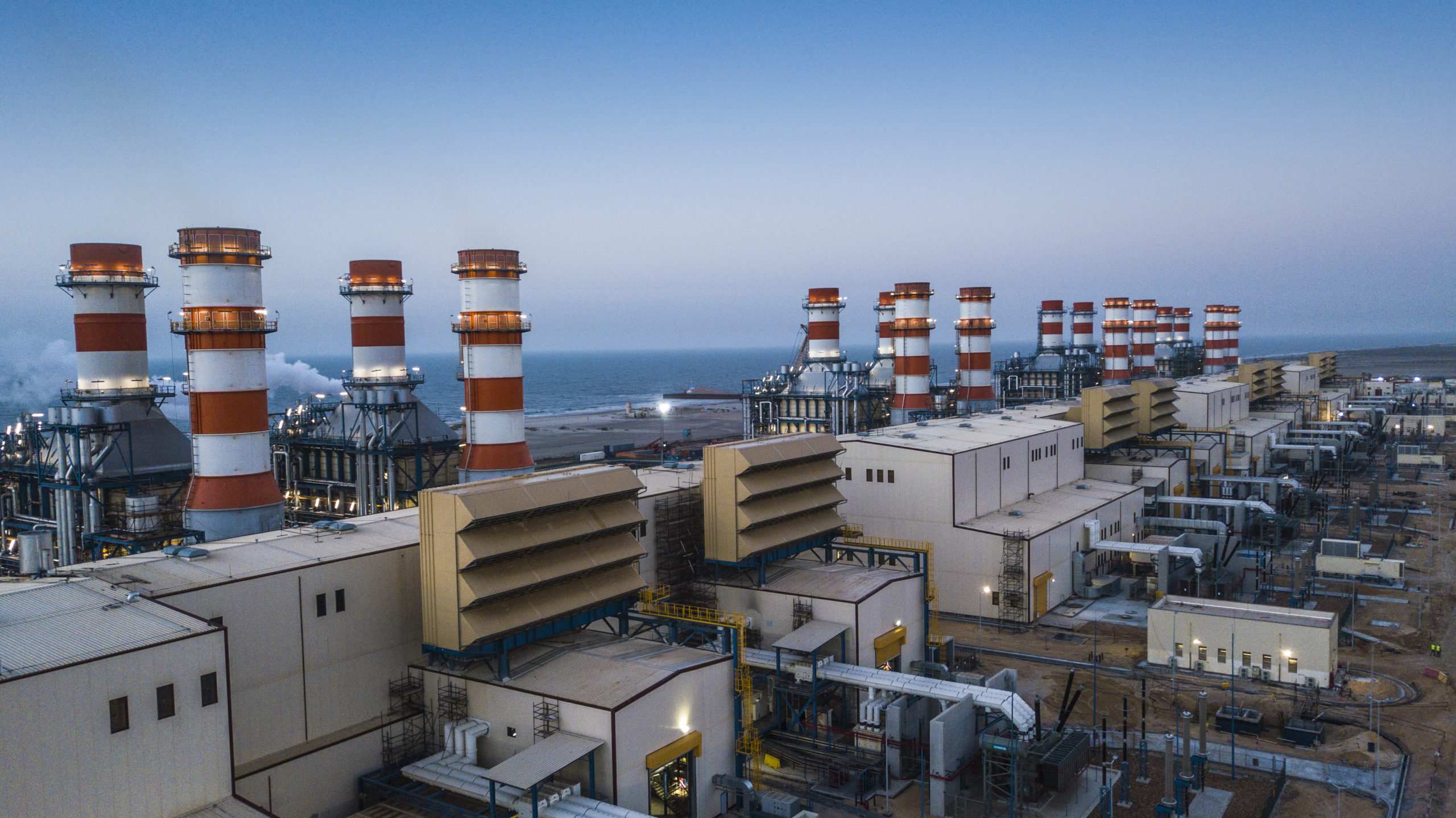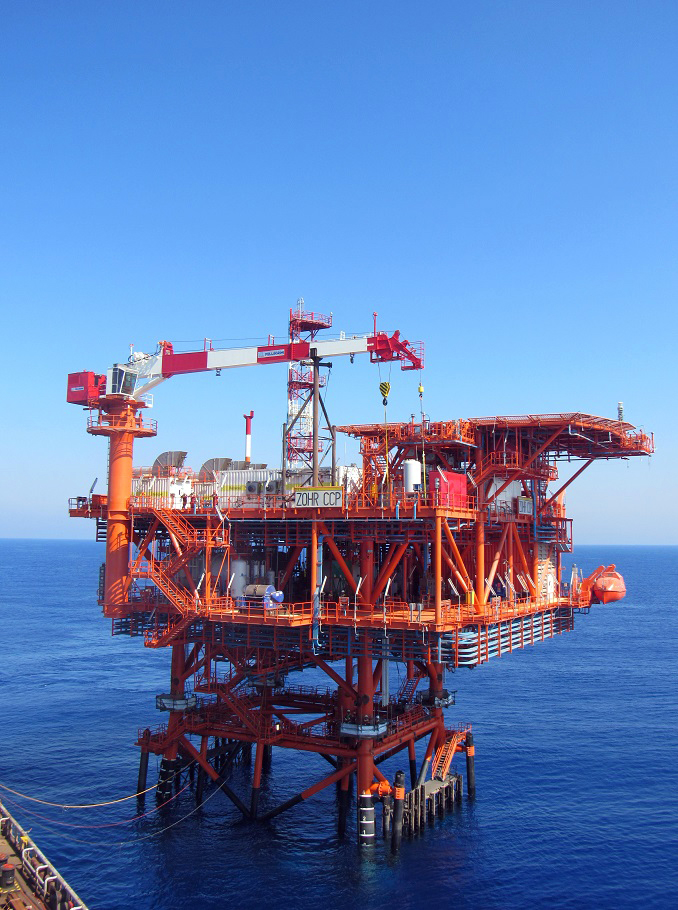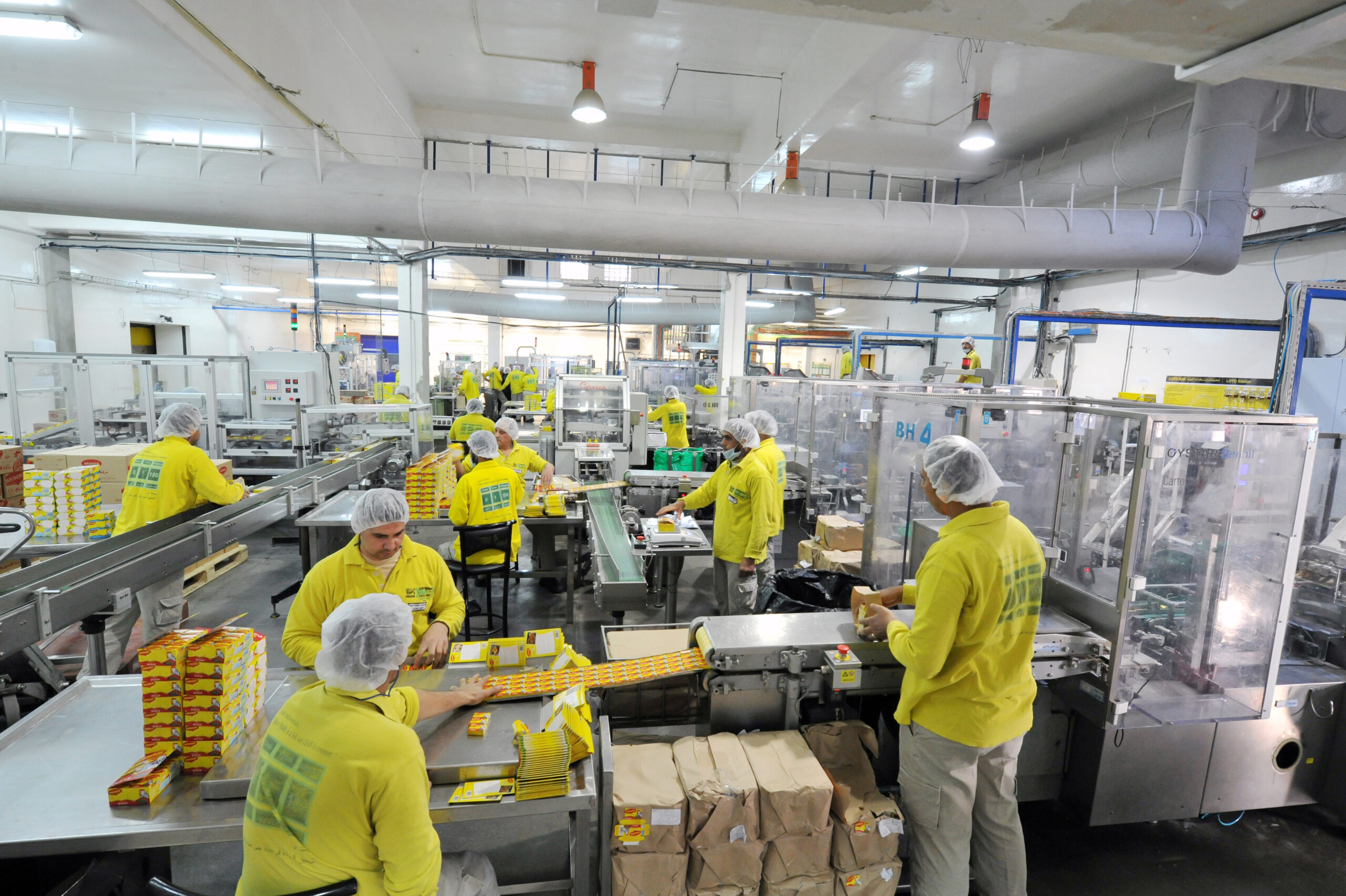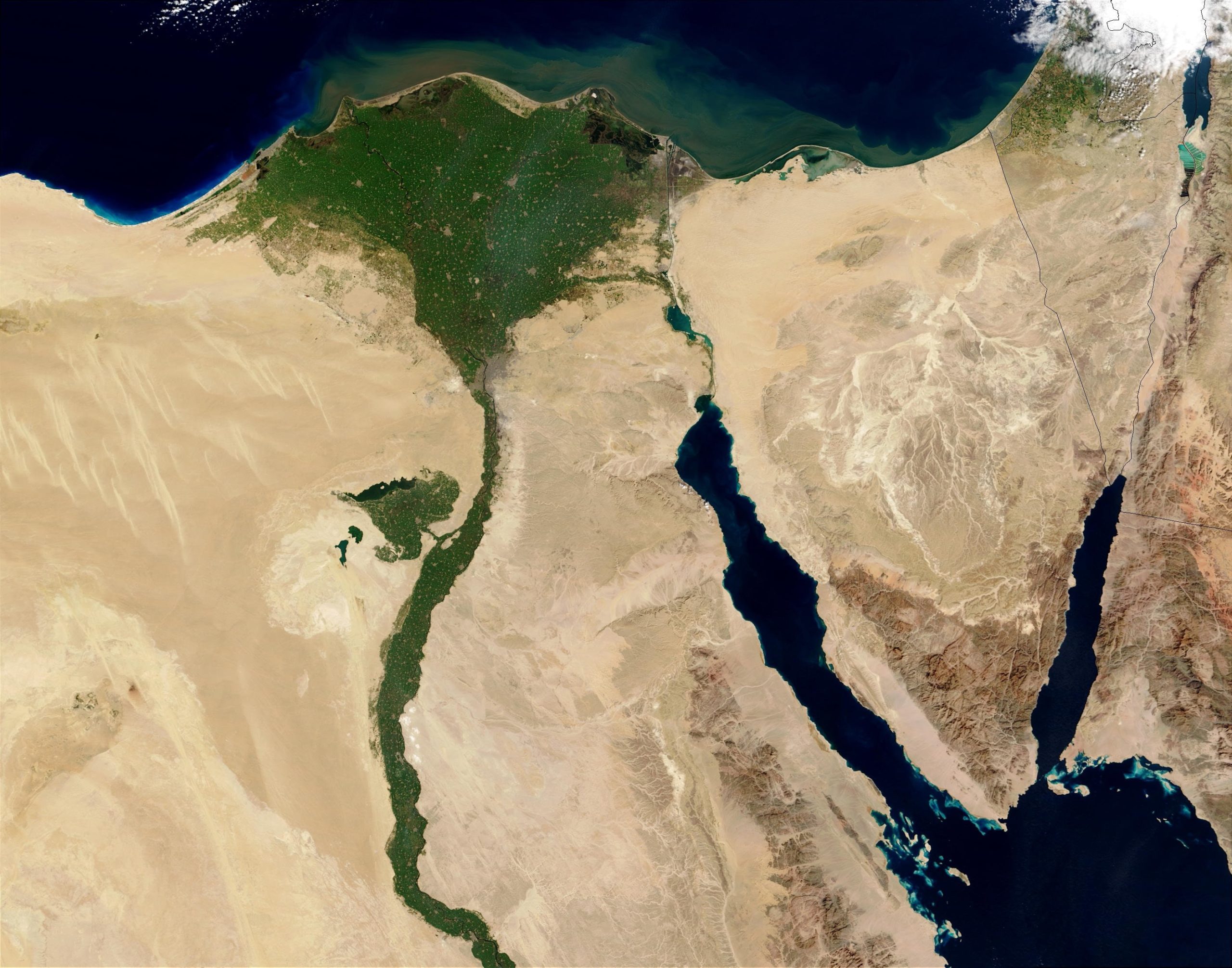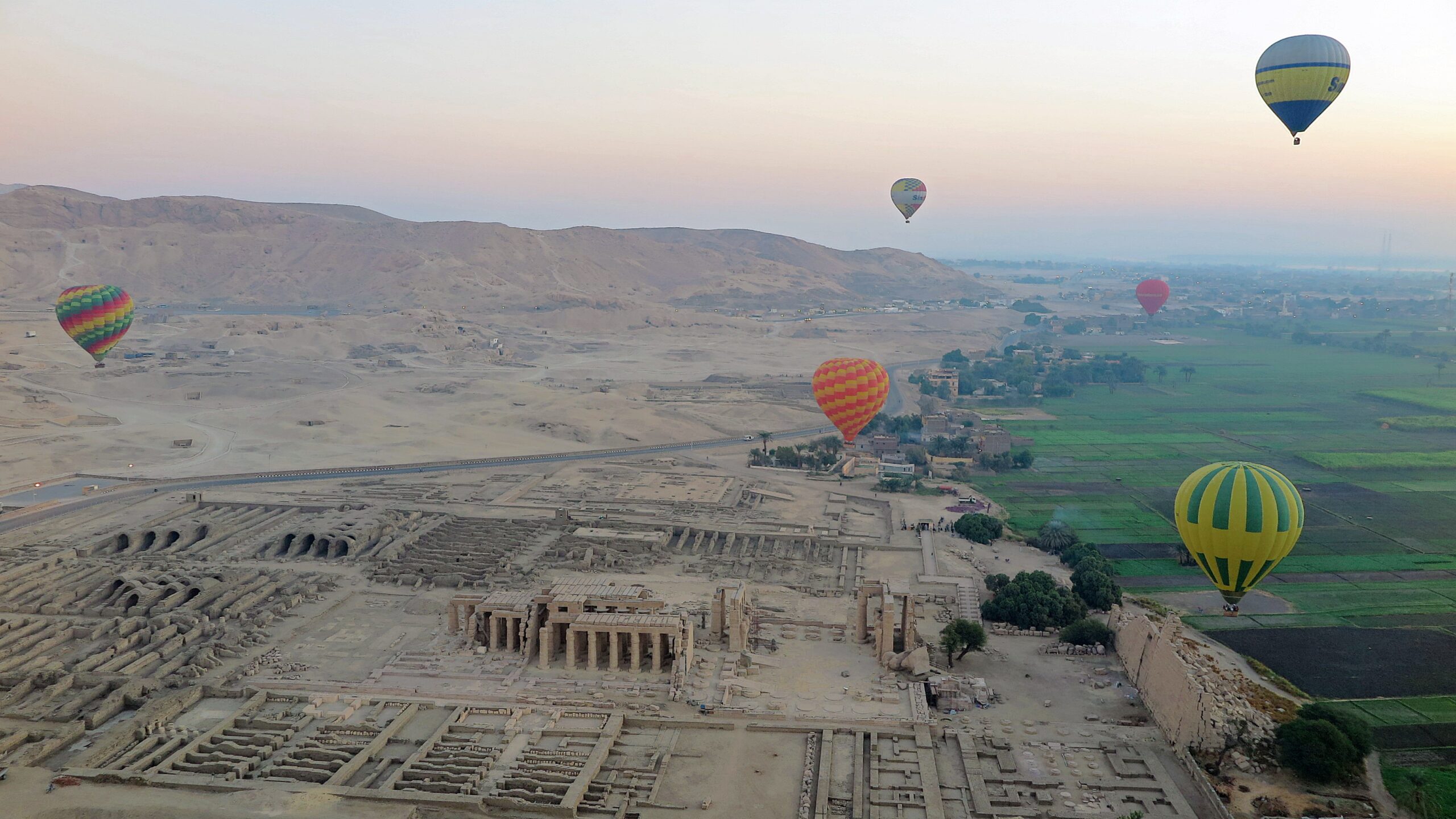Ioannides Demetriou LLC chairman weighs in
For many years Cyprus has established itself as an international business center from where foreign investors are conducting their business. The adoption of common law has been a major determinant to its success.
Corporate and commercial law, with its flexibility and extensive case law, have facilitated a variety of large international deals where the Cyprus-based law firm Ioannides Demetriou LLC has acted as legal advisors. Examples include cross-border mergers of credit institutions and insurance companies; takeovers of malls, hotels, universities, telecommunication and other businesses; joint ventures between oil and gas companies; construction and land development; general trading companies; as well as Cyprus’s largest privatization projects with the participation of foreign investors.
Cyprus’s taxation law has always proved attractive to businesspeople as its many versatile characteristics offer multiple opportunities for an investor-friendly structure through which international business can be conducted.

Pambos Ioannides
Chairman
Ioannides Demetriou LLC
The areas of corporate, commercial, and taxation law have provided stability and predictability for foreign investors over the years, and have been important factors contributing to the popularity of Cyprus as an international business center.
The importance of dispute resolution through arbitration in bilateral and multilateral treaties and cross-border disputes cannot be overlooked, and Cyprus’s role in this area is emerging. Although London, Singapore, Hong Kong, Paris, and Geneva are at the top of the list for arbitration hubs, Cyprus’s role within the field of international arbitration is steadily increasing. Typically, international arbitration can resolve disputes more rapidly than traditional court litigation, making it a popular choice for companies and nations to avoid the courtroom. Though Cyprus is a relative newcomer to the arbitration game, it has some unique advantages making it highly competitive in specific niches. Both its geographical location at the crossroads of Asia, Middle East and Europe and its strong legal regulatory frameworks and membership in the EU make it an ideal international center in cases where New York or London would be too far away to handle the needs of a multicultural group of businesspeople.
Foreign business leaders rely on a solid legal structure when pursuing an amicable compromise. Cyprus is a party to the New York Convention, meaning bilateral recognition of arbitral awards issued in other signatories to the New York Convention. Furthermore, Cyprus’s Commercial Arbitration Law is based on the original United Nations Commission on International Trade Model Law and has no significant difference to it.
Pambos Ioannides, chairman of Cyprus-based law firm Ioannides Demetriou, weighed in on the possibility of Cyprus enhancing its role as an international business center as well as becoming a regional arbitration hub, “There are experienced professionals involved with international business in Cyprus, and I believe we can enhance our role as a regional business hub. On the international arbitration field, increasingly more international arbitration professionals are operating in Cyprus. We aim for the field to continue to grow in the years ahead as more international business leaders learn of the benefits of arbitration in Cyprus. Our firm has assembled an enviable team of professionals which covers all important legal areas and can assist foreign investors with local expertise.”
Though the COVID-19 pandemic and other setbacks have recently affected Cyprus’s economy, Mr Ioannides remains confident in the nation’s future.
“We have had growth over the past few years. Perhaps it would have been larger otherwise, but we are still in good shape,” he said.

